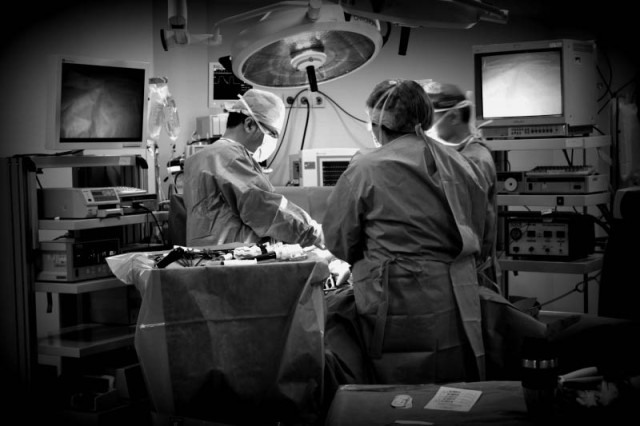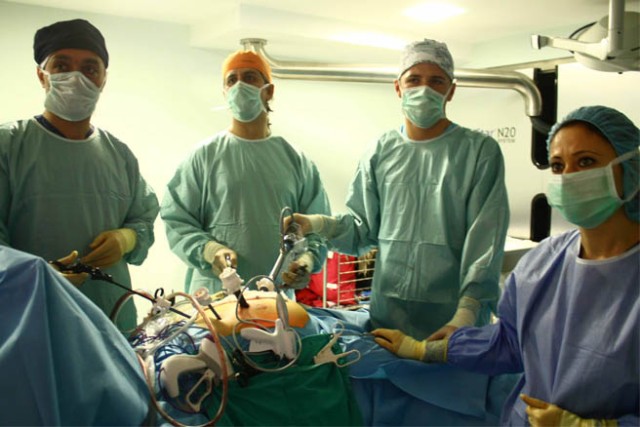Confronted with a rising incidence of increasingly overweight and frankly obese individuals, many interventions have continued to be sought for by the scientific community to address this. Conventional approaches have relied on lifestyle modifications such as dieting, exercise regimens and in some cases, the use of drugs to achieve weight loss, but the results thus far have not been encouraging. The most disciplined of dieters who lose weight all too often regain it in no distant time.

A relatively new surgical option currently holding out great promise and revolutionizing the treatment of obesity and achievement of weight loss is obesity surgery. This is also called bariatric surgery. Bariatric surgery includes a variety of surgical procedures which apply bariatric techniques and is performed in obese individuals. These include sleeve gastrectomy, gastric bypass surgery, transit bipartition, ileal interposition, etc. These procedures lead to rapid weight loss by decreasing the capacity of the stomach or resecting and re-routing segments of the gut thereby changing the intestinal hormones and neural signaling. Some of the bypass procedures are also associated with less absorption of the nutrients.

In the face of phenomenal success results recorded with Bariatric surgery, how safe is it and is it worth the risk?
- Well, there are no surgical procedures that are 100% risk-free. Each comes with a degree of risk. Obesity surgery techniques make use of minimally invasive procedures and in the hands of a skilled and properly trained surgeon, complications are usually minimal.
- Obesity surgery has an average of 99.9% survival rate.
- Complications range from minor to mild, however these are experienced by only 1 in 10 patients.
- In addition to weight loss, individuals with type 2 diabetes Mellitus have been observed to have better blood sugar control and many have gone on to achieve remission in the long term.
- Studies have shown that obesity surgery is associated with fewer cardiovascular events such as stroke and myocardial infarction.
- Surgery does not however, nullify or invalidate the use of exercise and dieting post-op.
- It may take some time for individuals to get back to their normal daily routine but this varies between procedures.

In the light of all the possible risks and benefits, obesity surgery is a safe option for achieving weight loss especially in individuals for whom it is indicated and when carried out by a well-trained & dedicated surgical team.
In addition to the achievement of weight loss, obesity surgery has been implicated in the prevention of some chronic illnesses and halting of the progression of others. These include:
- Achievement of Long-term remission in type 2 Diabetes Mellitus patients. Individuals with type 2 diabetes Mellitus after undergoing obesity surgery have discovered that they have better glucose regulation and long-term remission in a significant number of patients.
- Improvement in cardiovascular health: obesity surgery helps decrease long-term risk of stroke, heart disease and cardiac arrests.

- Provides relief to patients with obstructive sleep apnea: achievement of weight loss helps individuals with sleep apnea sleep with decreased dependence on CPAP machine at bedtime.
- Relief of joint pain: obesity and overweight put a lot of stress and strain on the joints. Obesity surgery helps decrease thus stress via weight loss hence allowing previously obese individuals enjoy greater joint mobility.
- Helps relief from depression: depression comes with a poor body image in individuals with obesity. Shedding weight via obesity surgery helps decrease depression.
Obesity surgery is now the most effective treatment option available for weight loss. It comes with fewer side effects and complications and in addition to weight loss, has other long-term benefits which improve the overall health of the individual.
Read More –https://www.metabolicsurgeryistanbul.com/

